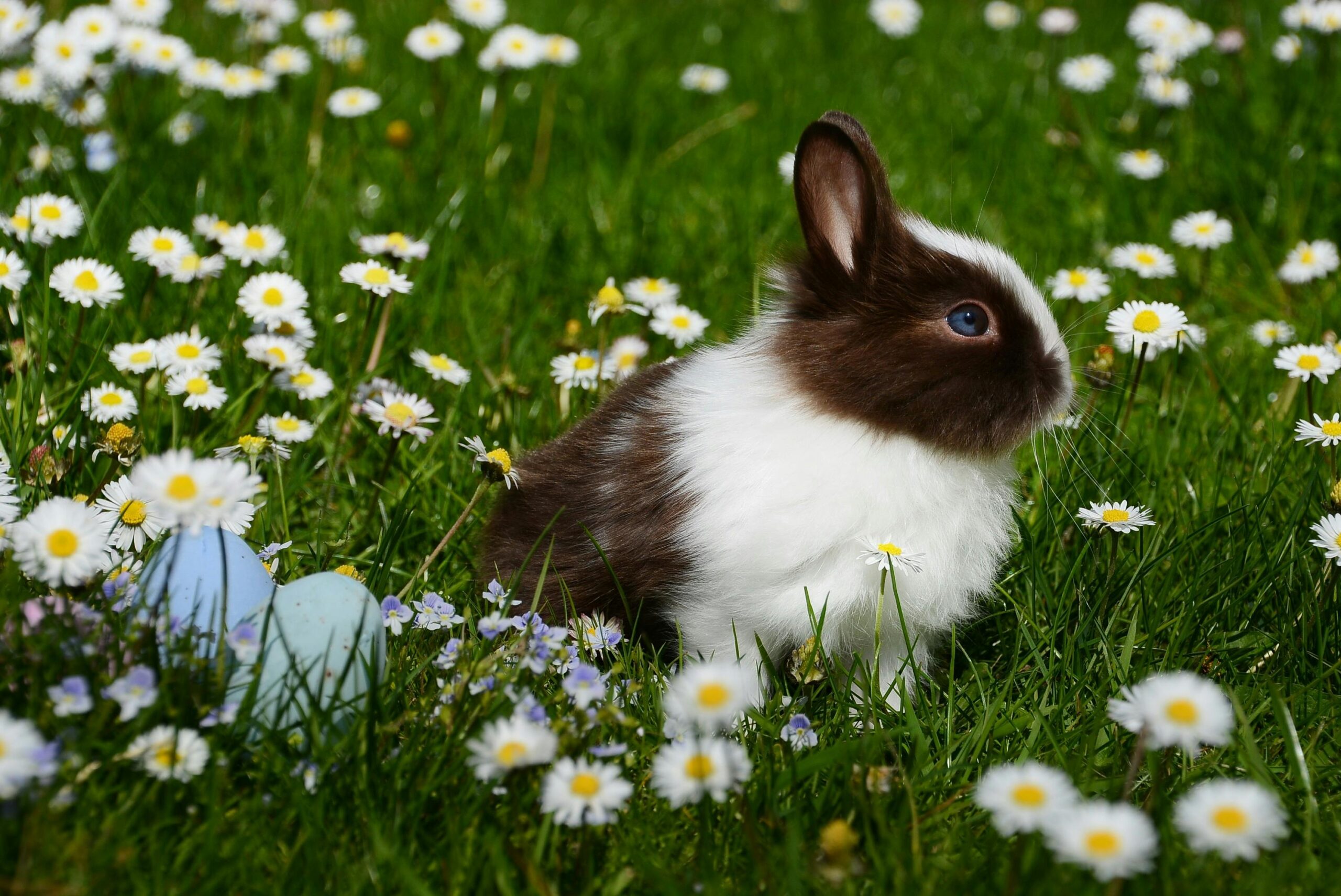
How Long Do Rabbits Live as Pets?
Have you ever wondered how long do rabbits live as pets? Small, fluffy, with big ears, with funny legs and a small nose, rabbits are those kinds of animals that are so adorable. You can’t help but fall in love with them at first sight. Although they have all these positive and fun things, rabbits also have a full personality, one which we usually understand pretty hard. It’s not unheard that, especially children are fascinated by these small little beings and more and more people are thinking of a rabbit when they decide they want to get a pet.
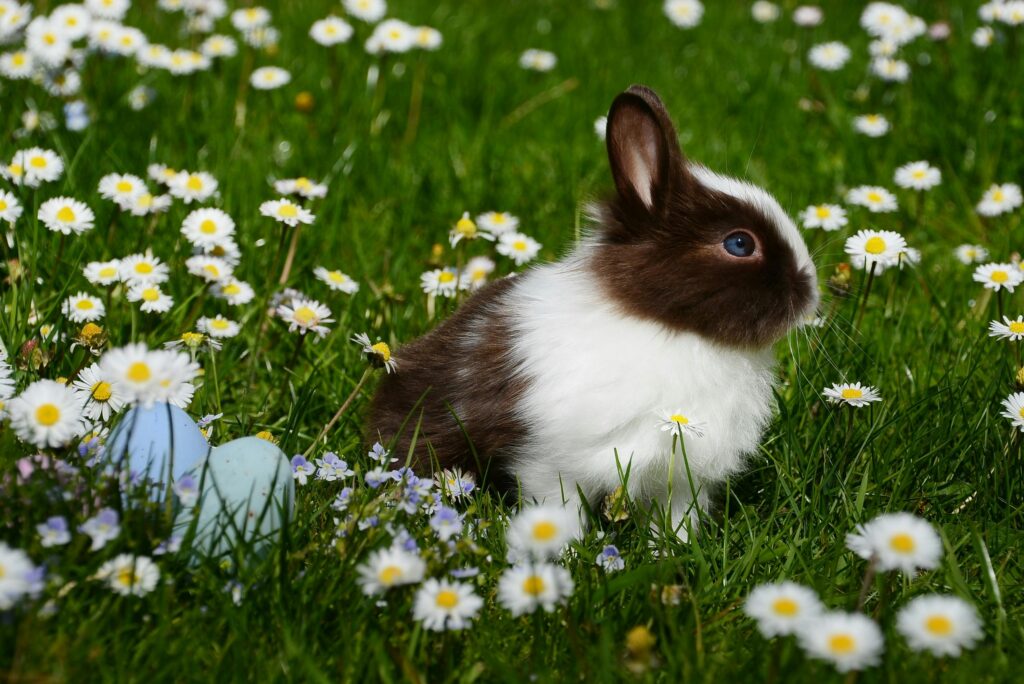
Rabbits are really active and playful pets, which can form strong bonds with other rabbits but also with humans. As long as we know what to expect from a rabbit, they have a true potential to become a real family member. You must know that when it comes to rabbits, the ideal owner is that person or family which owns the necessary time and space to dedicate to their care, petting, and playing with them.
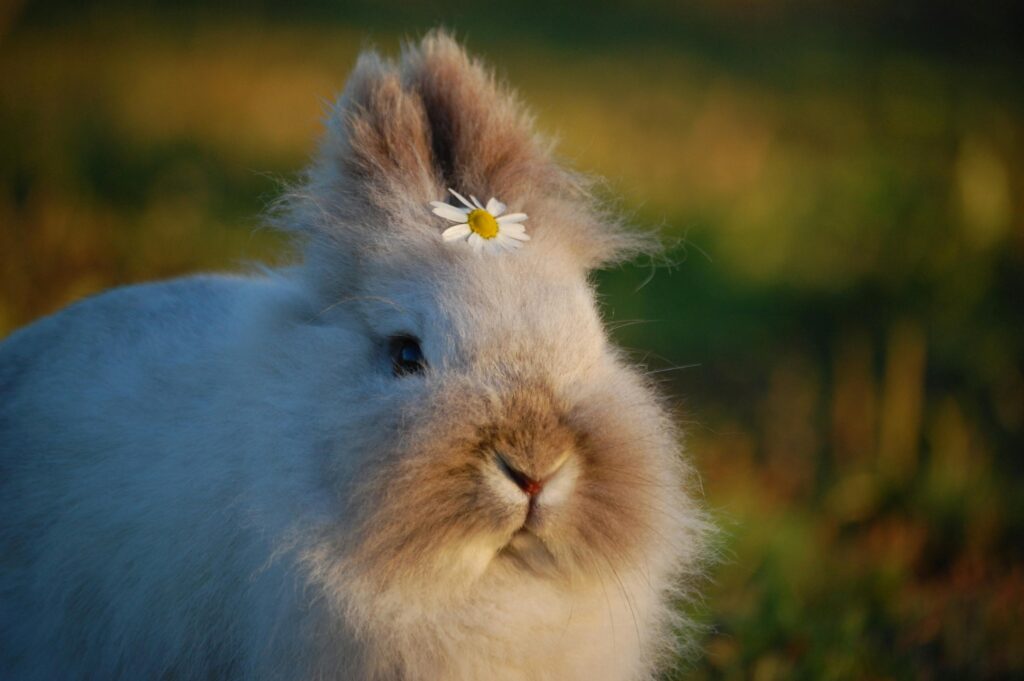
Same as with any other pet, bringing a rabbit in the house needs preparation but also knowing even the smallest details related to what a rabbit’s necessities and lifestyle are. We know that rabbits are not that common pets, like cats and dogs, so it’s a bit harder to learn from friends and family which are the important elements that we must consider when we get a rabbit as a pet.
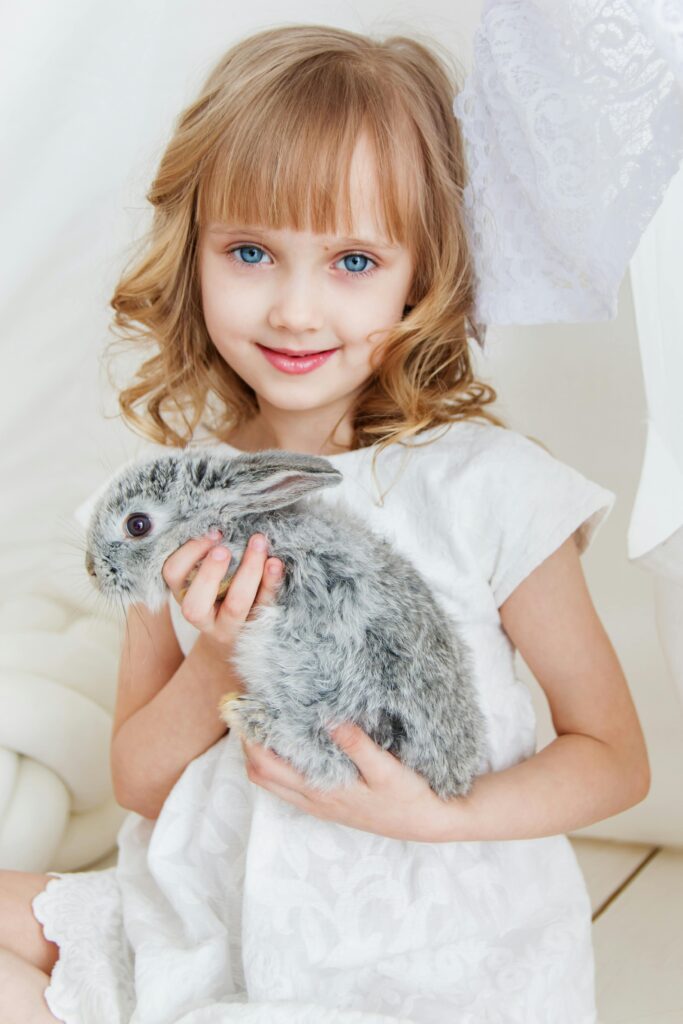
Here are a few important information that you must consider before making a furry long-ear animal as your pet:
Rabbits live between 8-12 years, depending on the species
If you ever asked yourself, how long do rabbits live as pets, you should know that you can get attached to them from the first moment you see them, as you’ll have enough time to enjoy each other’s company and become best friends.
Rabbits need space to move
Keeping a rabbit in a cage is not the best decision as physical exercises, as for us humans, helps for their general health, including a good digestion and a good mental health. If you home doesn’t allow you to give them the proper space, you should know that the cage size that you need should be at least five times bigger than the size of the rabbit.
You need to prepare your house for the new family member
If you are planning to leave your rabbit roam free through the house, you need to know that there is a chance that they might escape. Their teeth are constantly growing so as you might have guessed, they have the tendency of chewing everything that comes in their way. Therefore, take extra precautions to the furniture and especially to all the cords and cables that lay around the house.

They food is not about carrots only
Earlier we said that if you were wondering how long do rabbits live as pets, you can relax that they live a long life, but not if all they get are carrots. We know that this is the common image of them that we have had since we were children, but for good health, their food must be way more complex. Next to carrots, some good choices would be cabbage, broccoli, grass, salad, apples or pineapples. We also must not ignore special rabbit food that has all the nutrition factors that they need.
Special medical care
Yes, you read that right. Rabbits have their own needs when it comes to visiting a vet. Same as any other pet, rabbits need their periodic vaccines, parasites checks and also teeth checks.
What you should have inside a rabbit’s cage/room?
First of all, a lot of toys so they can spend their time well, especially chewie toys that they can use to keep their teeth growth under control. A shelf where they could jump and keep their back legs strength. Food and water and also a box or area where they could go potty.
An important thing that must be taken under consideration is that rabbit’s urine has an extremely strong smell, that’s why their place needs to be cleaned really often. Same as with cats, through sterilization or castration, there is a chance for the smell to be reduced.
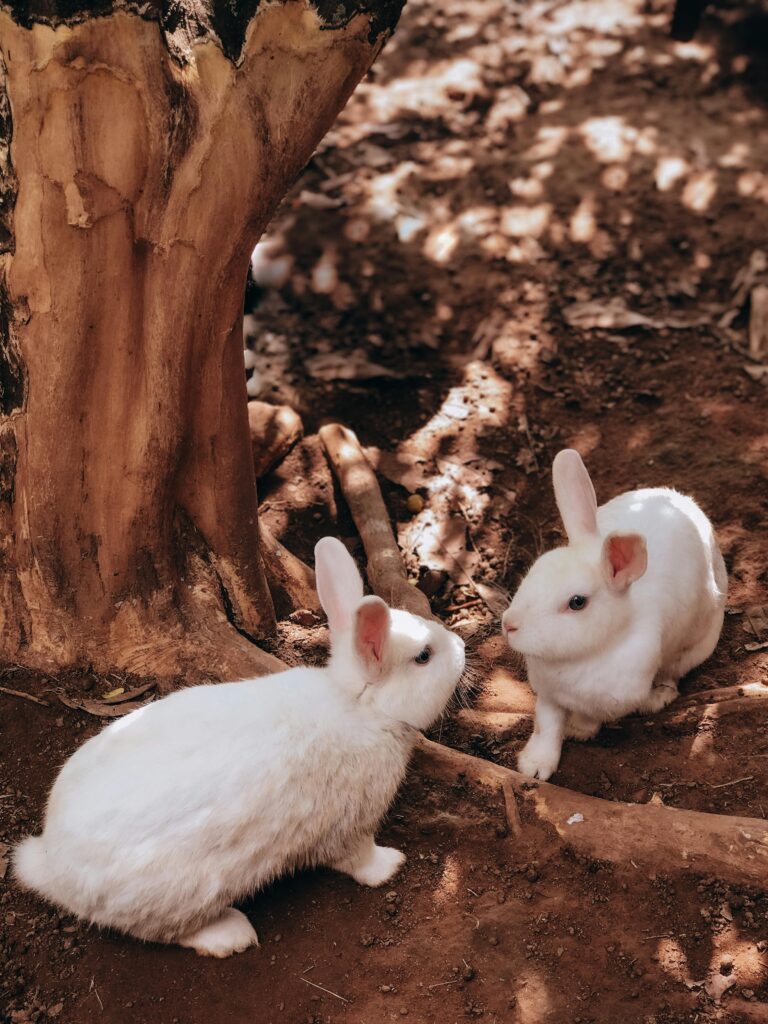
Health issues that rabbits can encounter
Like any other animal, they are not immune to diseases, the most common issues that they might encounter are:
- Hemorrhagic disease
- Bacterial infections
- Myxomatosis
- Gastrointestinal stasis
- Overgrown teeth or nails
Some of these issues don’t always require a vet’s intervention, for example for overgrown nails, the owner could take care and trim them down and overgrown teeth can be avoided by providing enough chewable toys that they could use or foods that would help them keep their teeth under control.
If a rabbit starts to become lethargic, there is a high chance that its health isn’t in an optimum state. Here are the main symptoms that a rabbit might display when they suffer from an illness:
- Equilibrium issues
- Gas
- Diarrheea
- Closed eyelids or eye secretions
- Falling fur or losing it’s shininess
- Excessive salivation
- Shortness of breath
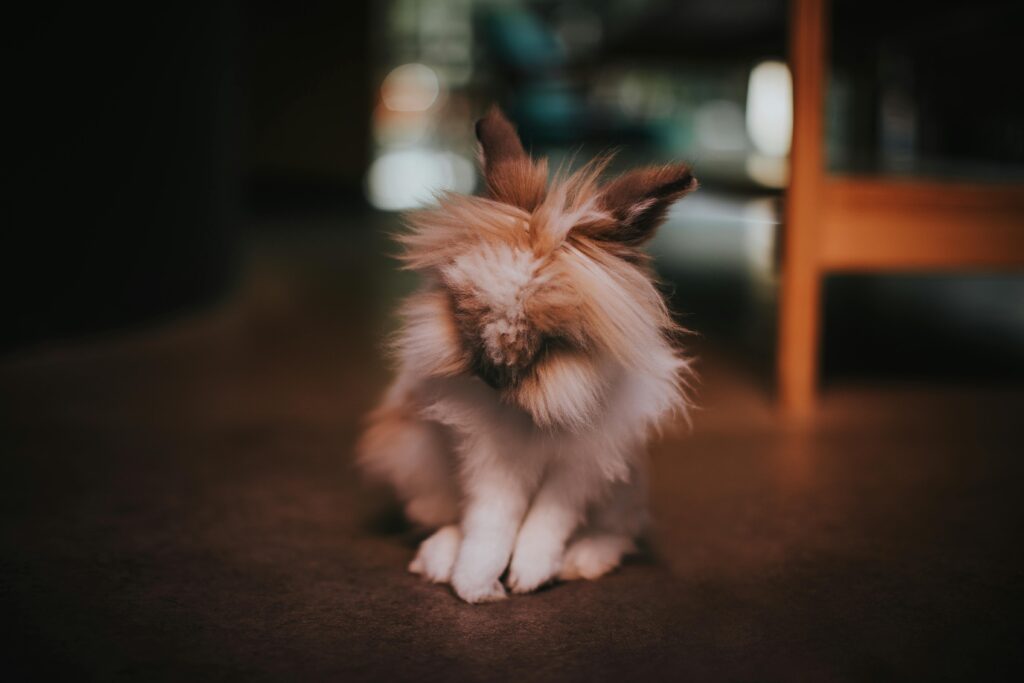
Although there are a lot of important things that you should consider, don’t forget that the most important rule is your interaction with your rabbit and your play time together.

